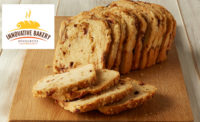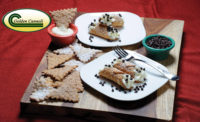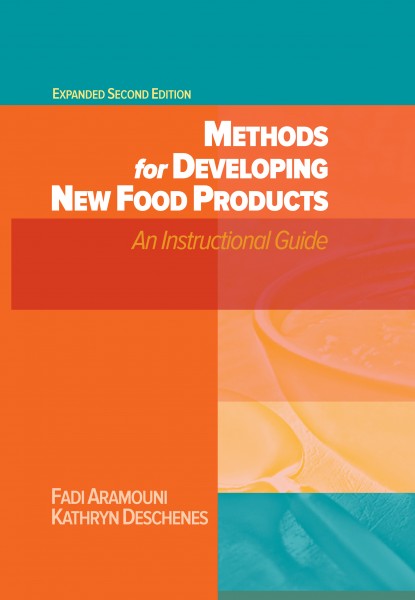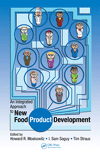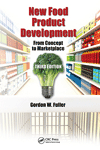Honoring traditions old and new

In 2009, the brilliant Louise O. Fresco, president of Wageningen University and Research Centre in the Netherlands (and former assistant director-general of the Food and Agriculture Organization of the United Nations, among other bright points in her distinguished bio…), delivered an illuminating TED talk, “We need to feed the whole world.”
Her focus was bread, which she calls “the mainstay of modern life” and “the basic, most-fundamental food we’ve had in the last 10,000 years.”
Right off the bat, Fresco held up two loaves of bread—one packaged loaf of white bread, something she calls “Wonder loaf,” and one unpackaged, rustic-looking, artisan-style bread. When she asked the audience who preferred the artisan loaf, all raised their hands.
She then quickly explained why we should, instead, celebrate the Wonder loaf, a quintessential symbol of our ancestors’ advances, food that has grown more accessible and affordable to more people today than at any other time in history—and why automated, high-volume baking is central to the future of our existence (and why we need to take mythologized views that long for “simpler times” with a grain of salt…). We need more automated advances in agriculture and baking to better feed the world. She champions modern agricultural science and aims to push it toward even greater environmental and economic sustainability while embracing urban agriculture and stronger regional diversity.
To conclude, Fresco said: “Food, in the end, in our own tradition, is something holy. It’s not about nutrients and calories. It’s about sharing. It’s about honesty. It’s about identity.”
She celebrates the strides we’ve made in agricultural and bakery sciences throughout our history without losing the core, fundamental, emotional nature that ties us to our food.
This might seem to come at the expense of today’s artisan baking renaissance. But it simply reminds us of the need for continual advancements—advancements that also remain central to bringing high-quality, flavorful artisan breads to the masses, albeit at higher price points for those who can afford it.
For many of us, it’s simply a matter of what we’re used to—actual memories, not contrived. Tradition strongly motivates, and our food memories forever build upon tradition.
In “The Omnivorous Mind,” John S. Allen expounds on the force of food and memory: “The taste, smell and texture of food can be extraordinarily evocative, bringing back memories not just of eating food itself, but also of place and setting. Food is an effective trigger of deeper memories of feelings and emotions, internal states of the mind and body.”
Tradition and memory play a central role in classic brands offered by this month’s cover feature, Chicago’s Alpha Baking Co. The bakery continues time-honored traditions in its classic ryes. It celebrates square Pullman toasting loaves from a bygone era. And it offers timeless poppy seed buns dating back to the 1930s—buns made famous by Chicago-style hot dogs. The bakery also sells natural breads with ingredient statements that every grandmother would understand. It knows when to employ state-of-the-art automation, and when to tap into its storehouse of Old World knowledge. This is tradition that celebrates the industry’s scientific advances without forgetting its roots.
My mother was a masterful baker. I—along with many others in my family—have her bread recipe. But none of us can replicate her supremely tender crumb, deep flavor and rustic, chewy crust. It was bread that easily bridged the gap between Wonder loaf and rustic artisan, simultaneously new and traditional. On bread days, our home would transform, circulating inescapable intoxicating aromas. That first slice, still warm from the oven, with a simple slather of butter, forever resonates in my mind.
These are the delightful points where tradition and memory meet. New memories that today’s bakers strive to bring to the masses.
Looking for a reprint of this article?
From high-res PDFs to custom plaques, order your copy today!




